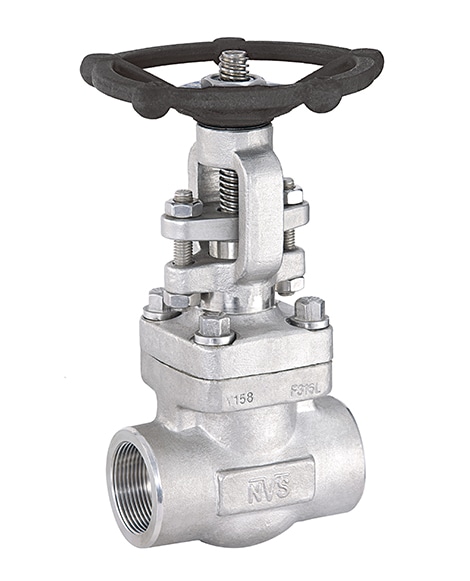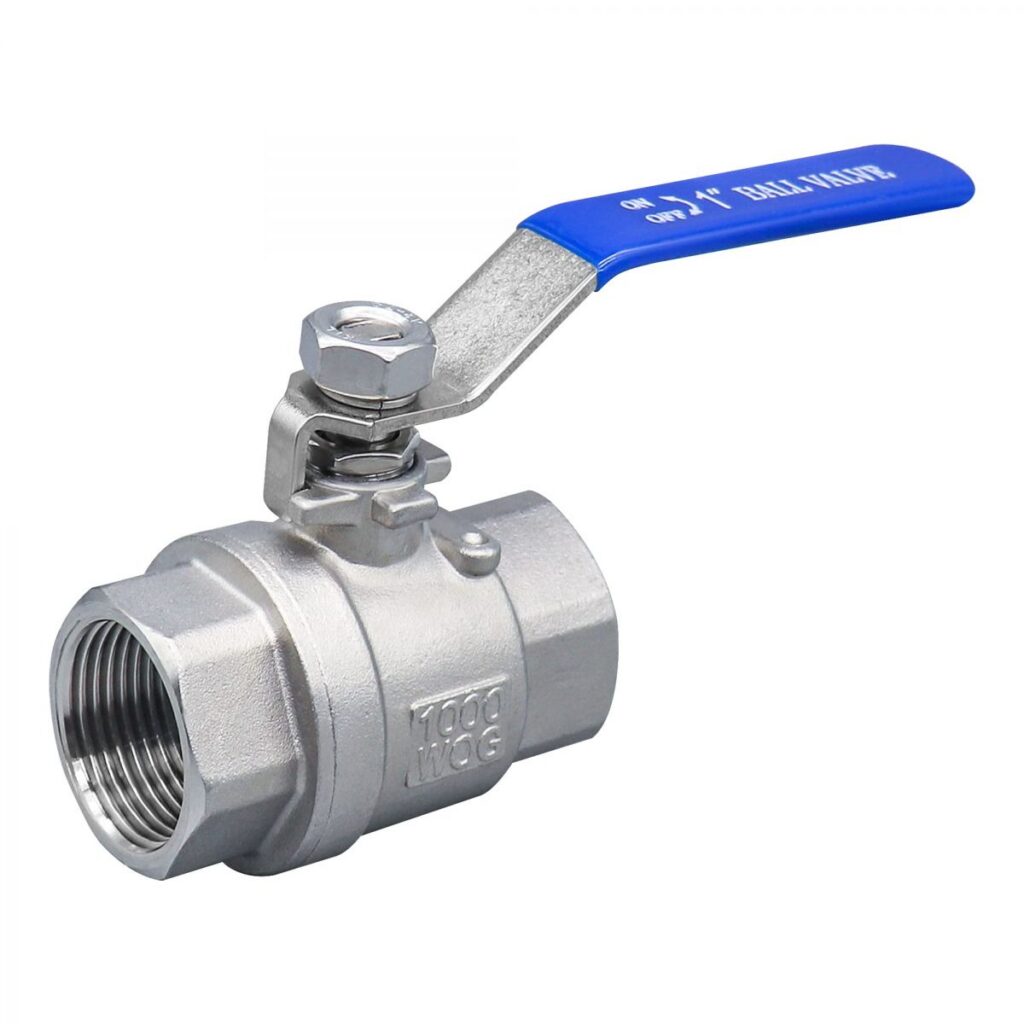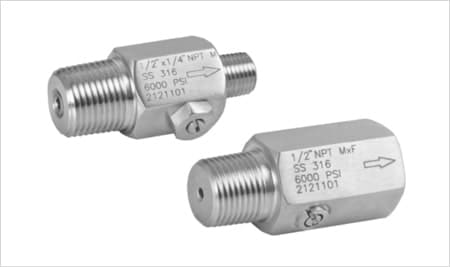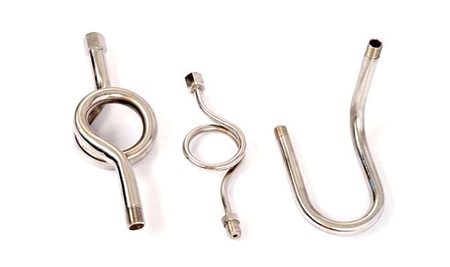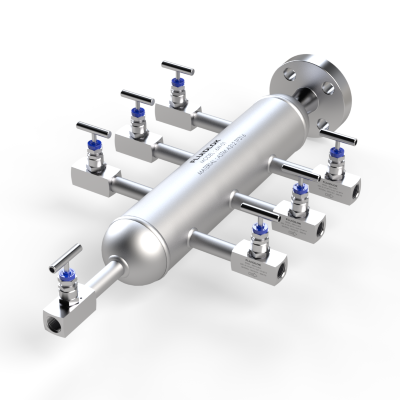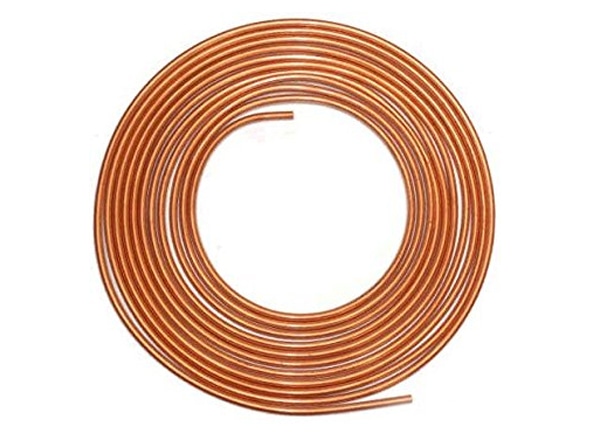Instrumentation Valves Manufacturer
TYPES OF INSTRUMENTATION VALVES & ACCESSORIES
Buy Premium Quality Leak Proof Pressure Relief Valves from Shribhairav Forge
Buy Premium Quality Leak Proof Custom Designed Condensate Pots from Shribhairav Forge
- The Origins of Instrumentation Valves
The concept of valves dates back to ancient Rome and Egypt, where basic wooden and bronze valves were used to control water flow in aqueducts.
However, instrumentation valves, as we know them today, evolved during the Industrial Revolution in the 19th century, when steam power and pressure systems demanded more precise flow control.
By the early 20th century, the development of needle valves and ball valves revolutionized the instrumentation industry — providing unparalleled control for measurement and calibration systems.
- What Are Instrumentation Valves and Accessories Used For?
Instrumentation valves and accessories are designed for accurate regulation, isolation, and measurement of fluid systems.
They are vital components in:
- Pressure and temperature measurement systems
- Hydraulic and pneumatic control systems
- Oil & gas pipelines and chemical plants
- Power generation and desalination units
- Pharmaceutical and laboratory equipment
- Materials and Grades Used
Instrumentation valves must perform under extreme conditions — high pressure, temperature, and corrosive media.
That’s why they are made using high-quality materials and grades such as:
- Stainless Steel (SS 304 / 304L / 316 / 316L) – Most common choice for corrosion resistance.
- Duplex and Super Duplex Steel (UNS S31803 / S32750) – For marine and offshore applications.
- Monel, Inconel, and Hastelloy – For chemical processing and high-temperature systems.
- Brass and Carbon Steel – Cost-effective for general industrial use.
Each grade offers unique advantages in strength, temperature tolerance, and corrosion resistance.

Forged for Perfection.
Trusted for Precision.
Delivered with Confidence.
Products
Materials
Contact
- sales@shribhairavforge.com
- +91 9969566209
- +91 22 6636 2333
- Plot 59, Dr M.G Marg, Mumbai - 400004, Maharashtra, India
- Shribhairav Metal Corporation

